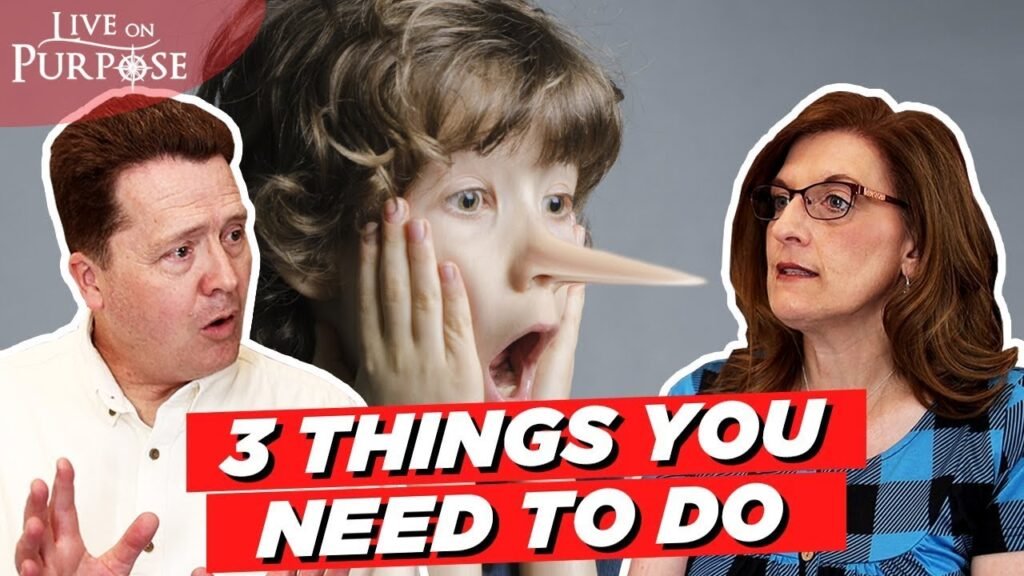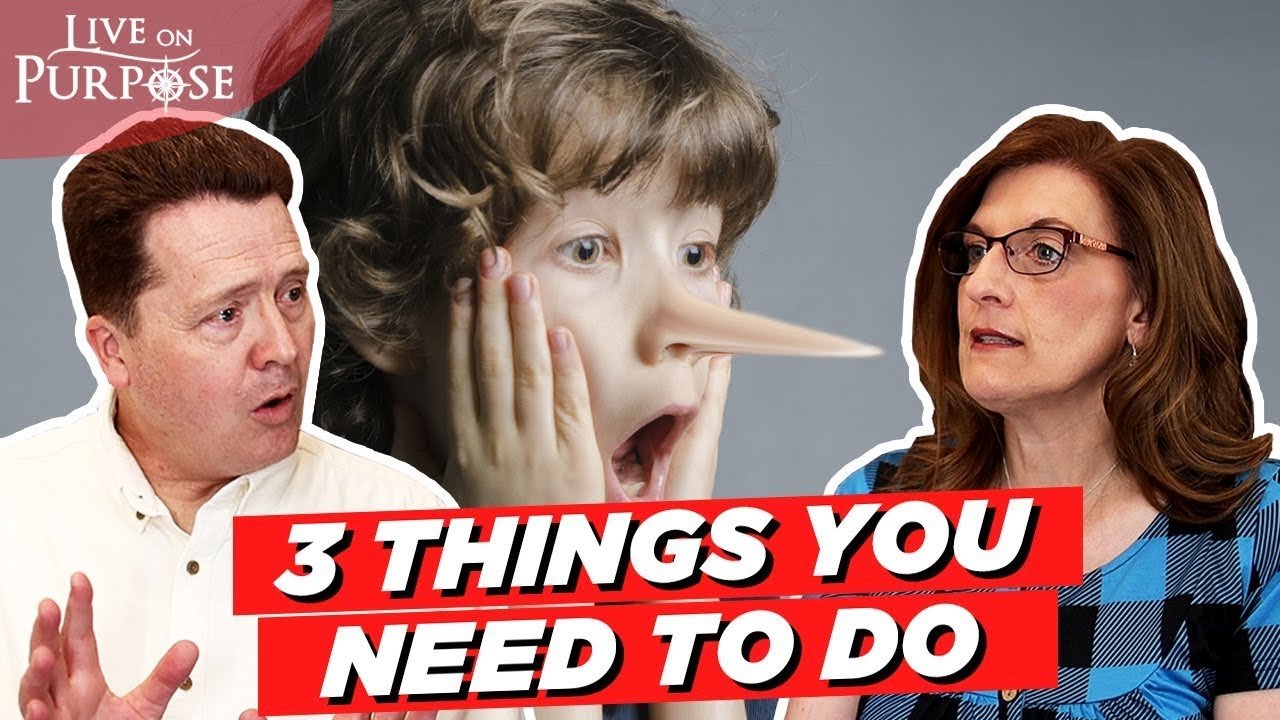So, your child has been caught lying, and you’re not quite sure how to handle it. It’s completely normal for children to lie, but it’s important to address it in a positive and effective way. In this article, we will discuss some tips on how to teach children to avoid lying, why it’s crucial to stay calm when addressing a child’s lie, the significance of taking care of yourself as a parent, and the importance of having family discussions about important topics. By understanding moral development in children and creating a culture of honesty, you can help guide your child towards making better choices in the future.
Remember, children lie for various reasons, but it’s essential to separate consequences for lying and the action they lied about. By not encouraging lying and avoiding asking why questions, you can effectively address the issue of lying with your child. Teaching children moral principles and emphasizing the concept of consequences and moral development will not only aid in creating a positive family dynamic but also set them up for success in the future. It’s about approaching these situations with love, understanding, and a focus on long-term growth and development.

Understanding the Nature of Lying in Children
Children are not perfect beings and sometimes, they do lie. It is crucial for parents to acknowledge that this is a normal part of development, albeit not an ideal behavior. Children may resort to lying as a coping mechanism to avoid getting into trouble or facing consequences, which is why understanding the nature of lying in children is essential. It is important to differentiate between developmental lying, which is a normal part of cognitive development, and deliberate deception, which involves intentional deceit.
Tips for Parents on Teaching Children to Avoid Lying
Modeling honesty and integrity is one of the most effective ways to teach children the value of truthfulness. Children learn best by observing the behavior of their parents, so it is crucial for parents to demonstrate honesty in their interactions. Establishing open communication and fostering trust within the parent-child relationship creates a safe space for children to express themselves honestly. Setting clear expectations and consequences for dishonesty helps children understand the importance of telling the truth and the repercussions of lying.
Effective Communication Strategies
When addressing a child’s lie, it is essential to stay calm and composed. Reacting with anger or frustration can reinforce lying behavior, as children may learn to lie to avoid negative reactions. Avoid using accusatory language or a harsh tone when discussing the lie with your child. Instead, listen actively to understand the reasons behind the lie and approach the situation with empathy and understanding.
Importance of Self-Care for Parents
Prioritizing your own well-being and mental health is crucial when dealing with a child who lies. Taking care of yourself allows you to respond to the situation calmly and with patience. Seek support and guidance when needed, as parenting can be challenging, especially when addressing difficult behaviors like lying. Maintaining a positive and patient attitude towards your child helps create a nurturing and supportive environment for them to learn and grow.
Family Discussions on Honesty and Integrity
Organizing regular family discussions, such as family home evenings, provides an opportunity to address important topics like honesty and integrity. Encouraging open dialogue and sharing experiences within the family fosters trust and strengthens family bonds. Emphasizing the value of honesty and trust reinforces the importance of truthfulness in relationships and cultivates a culture of integrity within the family.
Implementing Consequences for Dishonesty
Clearly outlining consequences for lying helps children understand the impact of their actions. Distinguishing between consequences for lying and the actual behavior that led to the lie reinforces the idea that honesty is valued and lying has repercussions. Ensuring consistency and fairness in enforcing consequences helps children learn accountability and responsibility for their actions.
Refraining from Catching Children in Lies
It is important to avoid setting up traps or situations to catch your child lying as this can erode trust and create a culture of suspicion. Instead, focus on building trust and fostering open communication with your child. Creating a safe and non-judgmental environment where your child feels comfortable being honest helps prevent the need for lying as a means of avoidance.
Communication Strategies when Confronting Lies
When confronting a child’s lie, it is advisable to refrain from asking ‘why’ questions that can trigger defensiveness or justification. Encourage your child to explain their perspective and provide constructive feedback and guidance to address the behavior. Offering support and understanding can help children feel safe to be honest and learn from their mistakes.
Understanding Moral Development in Children
Learning about the stages of moral development in children can help parents adjust their reactions based on their child’s current stage of development. Guiding children towards higher moral reasoning and understanding helps them develop empathy, honesty, and integrity. By nurturing moral development, parents can support their children in making ethical decisions and understanding the consequences of their actions.
Additional Resources and Support
For more insights and guidance on teaching children to avoid lying, consider watching the video ‘How To Get Kids To Stop Lying’. Exploring resources like parentingpowerup.com can provide valuable parenting tools and strategies for conscious caring parents. Seeking expert advice and support from professionals like Dr. Paul Jenkins can offer further guidance on fostering positive parent-child relationships and promoting moral development in children.

